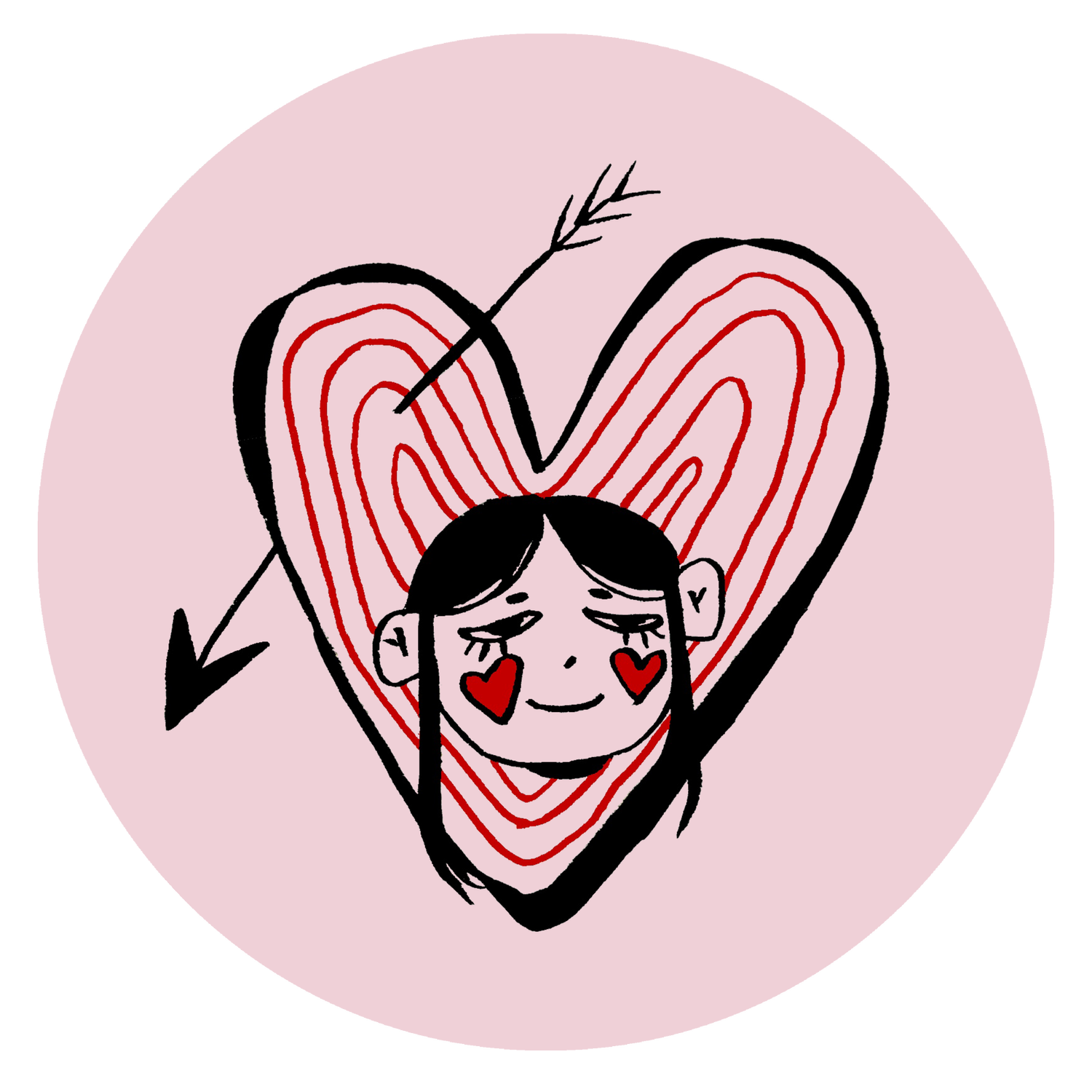10 Poems We Don’t Read in School That We Should
Recently, I was given a short poetry anthology, titled Ten Poems to Change Your Life by Roger Housden. While I enjoyed the read, I couldn’t help but notice there wasn’t a single woman of color included in it. Perhaps, this is one reason the poems did not essentially change my life. As a woman of color, I know how important and uplifting it can be to identify and be able to recognize ourselves in works of art.
This is why we need more anthologies focused on communities of color and other marginalized communities.
The book got me thinking about what my own collection of "poems that changed my life" would look like. As I started to gather my list, I noticed the themes that tied these poems together were how confessional and genuine they were. These poems are raw enough to connect us to our most base fears and desires. Things that, as humans, we should have the right to explore more.
I know that many of us feel isolated during quarantine. We can, at times, feel like no one understands us. But poetry can help us connect, even if just through the collective recognition of our suffering. Poetry tells us that we are not alone in our fears or in our desires.
Included on this list are poems that touch on feelings of cultural displacement, identity, gender stereotypes, lost love, and the Black experience.
We know clocks tell time, but can they tell trauma, too?
3. “How Can Black People Write About Flowers at a Time Like This” by Hanif Abdurraqib
The Crown Ain’t Worth Much (2016)
A Fortune for Your Disaster (2019)
Koreans have a word for it. (Han)
4. “Bell Theory” by Emily Jungmin Yoon
A Cruelty Special To Our Species (2018)
(It’s important to note here I’m a woman of color.)
7. The Black Maria by Aracelis Girmay
The Black Maria (2016)
If eyes are windows to the soul, I don’t want to open them.
8. “A Heart Can Only Be Broken Once, Like a Window” by Sara Borjas
Heart Like a Window, Mouth Like a Cliff (2019)
Time like a mother, Mother like a doorway.
10. “Not Even This” by Ocean Vuong
from the April 2020 issue of Poetry
Night Sky with Exit Wounds (2016)
Now that systems like the CSU have implemented Ethnic Studies as a requirement for graduation, I am hopeful that students of color will get the opportunity to read more writers of color. Reading literature outside of the canon shows us that putting on another’s shoes is necessary for expanding our own experiences and teaching us empathy. Art, such as poetry, has the ability to connect each other to the vast and personal experiences we all share. And, this ability of identifying oneself in art and making meaningful connections is one way that we can heal our wounds.
How much longer can institutions insist students from a variety of backgrounds read through the eyes of predominantly white men? There are so many writers of color writing now, and I think it’s about time to expand the canon.











